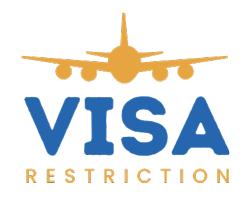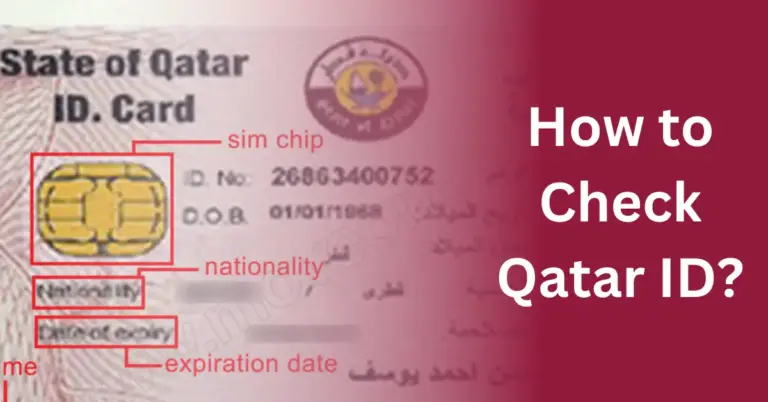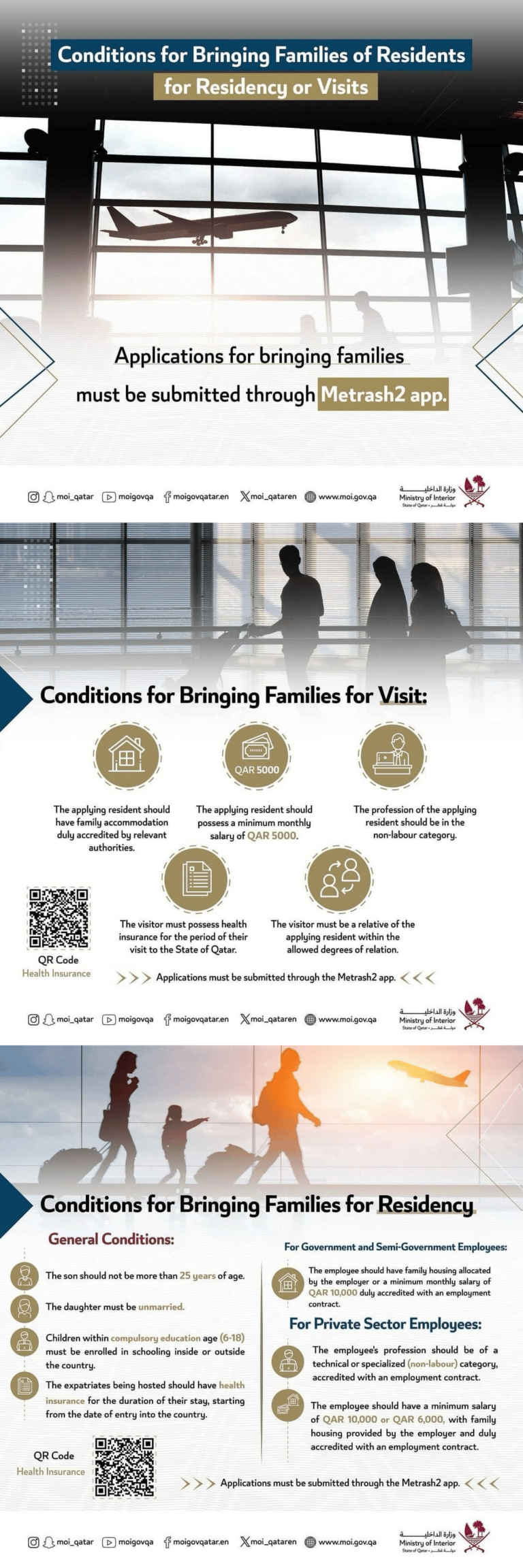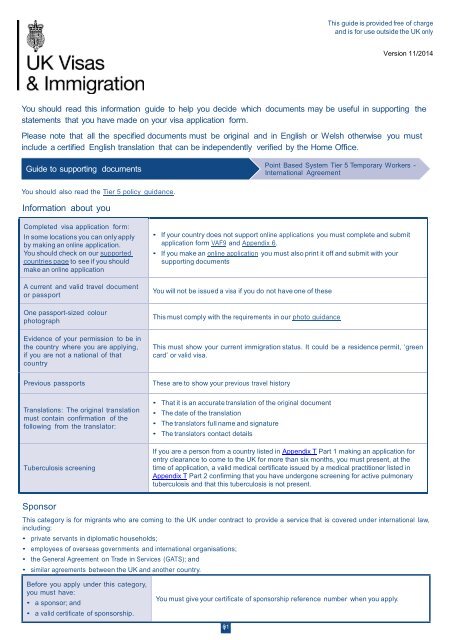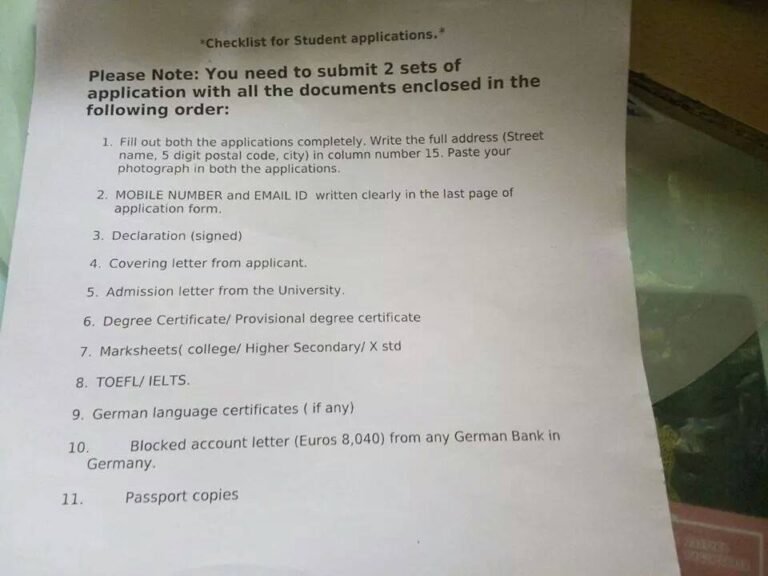Empower Your Travels: Your Guide to the US Embassy Tourist Visa
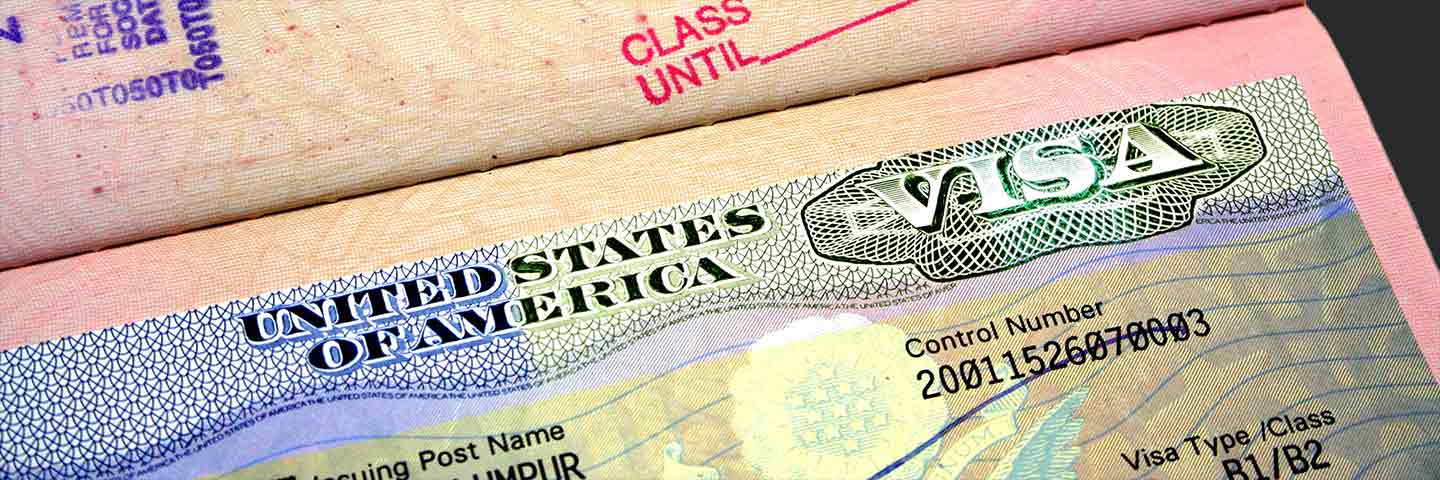
Understanding Tourist Visas
Navigating through the world of tourist visas can be overwhelming. To help you get started, this section provides a comprehensive understanding of what tourist visas are and the different categories available.
Overview of Tourist Visas
A tourist visa, often referred to as a visitor visa, is a type of nonimmigrant visa for people who wish to temporarily enter the United States. These visas are for individuals intending to visit the U.S. for tourism, business, or a combination of both (USA.gov). Visas are issued either as single-entry or multiple-entry, depending on the applicant’s needs and circumstances (US Department of State).
Important Tourist Visa Facts:
- Visa Type: Nonimmigrant
- Purpose: Temporary visit
- Documents: Passport, visa, Form I-94 (USA.gov)
Visitor Visa Categories
Visitor visas are classified into three main categories:
| Visa Type | Purpose | Description |
|---|---|---|
| B-1 | Business | For travelers entering the U.S. to engage in business activities. |
| B-2 | Tourism | For visitors coming to the U.S. for tourism, vacation, or medical treatment. |
| B-1/B-2 | Combination | For travelers planning to visit for both business and tourism purposes. (Boundless) |
B-1 Visa (Business)
The B-1 visa is meant for individuals traveling to the U.S. for business purposes, such as:
- Meeting with business associates
- Attending scientific, educational, professional, or business conventions
- Settling an estate
B-2 Visa (Tourism)
The B-2 visa is for those who wish to enter the U.S. for tourism and leisure. Typical activities include:
- Tourism and sightseeing
- Visiting friends/relatives
- Participation in social events
- Medical treatment
- Participation in amateur musical, sports, or similar events
B-1/B-2 Visa (Combination)
The B-1/B-2 visa allows individuals to engage in both business and tourism activities during their visit. This visa is particularly useful for visitors who have a combination of business meetings and personal tourism planned during their stay.
For more detailed information about different visitor visa categories, visit our article on visitor visa requirements.
Understanding these categories and selecting the appropriate visa type is crucial when planning your visit to the U.S. It will help streamline your tourist visa application process and ensure you meet all necessary requirements. Don’t forget to check our tourist visa checklist for a smooth application experience.
Applying for a Tourist Visa
Applying for a U.S. embassy tourist visa involves several important steps. This section discusses essential aspects of the Visa Waiver Program, required documents, and the visa interview process.
Visa Waiver Program
The Visa Waiver Program (VWP) allows citizens of certain countries to travel to the United States for tourism or business for stays of 90 days or less without obtaining a visa. It is essential to check whether your country participates in the VWP. If your country is not listed, you will need to apply for a visitor visa.
Participating Countries
| Country | Country | Country |
|---|---|---|
| Australia | France | Germany |
| Japan | Spain | United Kingdom |
For a comprehensive list of countries, visit the official Visa Waiver Program page.
Required Documents
To apply for a tourist visa, you must gather several essential documents. Ensure you have all the necessary paperwork to avoid delays in your application process.
Essential Documents:
- A valid passport.
- The appropriate visa application form (DS-160).
- A recent photograph that meets photo requirements.
- Receipt of paid visa application fees.
- Proof of financial solvency (e.g., bank statements, pay stubs).
- Sponsor letter (if applicable).
- Documents supporting the purpose of visit.
Visa Interview Process
The visa interview is a significant part of the tourist visa application process. During the interview, a consular officer will evaluate your application and decide whether to grant the visa.
Preparation Tips:
- Financial Documentation: Present clear and concise evidence of your ability to support yourself financially during your stay in the U.S..
- Purpose of Visit: Clearly articulate the reasons for your visit. For family visits, a tourist visa invitation letter from a U.S. resident can be helpful.
- Interview Preparation: Practice common interview questions, be honest, and stay composed. Visit our guide on documents for visa interview.
Ensure you arrive at the interview with all necessary documents and maintain a professional demeanor. This preparation can significantly increase your chances of obtaining a tourist visa.
For further details on the visa interview process and required documents, explore our resources on the topic.
Tips for a Successful Visa Application
Applying for a US embassy tourist visa can be a daunting task, but with careful preparation and attention to detail, you can improve your chances of success. Here are some crucial tips for a successful visa application:
Financial Documentation
Providing a comprehensive overview of your finances is essential in demonstrating your ability to support yourself during your stay in the United States. Consular officers need to see evidence of your financial stability. This may include:
- Bank Statements: Show your recent bank statements, preferably from the last three to six months.
- Pay Stubs: Provide pay stubs demonstrating a steady income.
- Proof of Assets: Include any relevant documents that prove ownership of assets such as real estate or investments.
It’s crucial to be transparent and detailed in your financial documentation. Make sure all your documents are up-to-date and accurately reflect your financial situation. Learn more about tourist visa financial requirements.
Purpose of Visit
Convincing the consular officer that your visit to the U.S. is genuinely for tourism, business, or medical treatment is the single most important factor in getting a visa approved (Nolo). Clearly explain your travel plans and provide supporting documents such as:
- Itinerary: Outline your travel plans, including flight bookings, accommodation reservations, and planned activities.
- Invitation Letters (if applicable): While not required, a letter of invitation from a U.S. resident can help. However, assurance from U.S. family and friends alone is not enough to secure a visa (US Department of State).
- Purpose-specific Documents: If you’re visiting for business, include your business agenda and any invitation letters from U.S. companies. For medical treatment, provide appointment confirmation letters and medical records.
Interview Preparation
The visa interview is a critical part of the application process. Preparation can make a significant difference in the outcome. Here’s how you can prepare:
- Review Common Questions: Be ready to answer questions about your purpose of visit, length of stay, and ties to your home country. Practicing these answers can help you stay calm and articulate during the interview.
- Organize Your Documents: Have all your documents organized and easily accessible. This includes your application form, passport, financial documents, itinerary, and any additional supporting documents.
- Dress Appropriately: Present yourself in a professional and respectful manner. Your appearance can reflect your seriousness about the visa application.
- Be Honest: Answer all questions honestly and directly. Any discrepancies or false information can lead to immediate disqualification.
For more detailed advice, check out our article on tourist visa interview tips.
By focusing on these areas, you can enhance your chances of obtaining a U.S. tourist visa and enjoy your visit to the United States. For more detailed information on each step, visit our tourist visa application process guide.
Renewing a Tourist Visa
Renewing your U.S. embassy tourist visa involves a process quite similar to obtaining one for the first time. Below, you’ll find a detailed guide on the renewal process and important considerations to keep in mind.
Renewal Process
The steps to renew a tourist visa follow the same procedures as a new visa application, as per USA.gov. To renew your tourist visa, follow these steps:
- Complete the Visa Application Form:
- Fill out the tourist visa application form online (Form DS-160).
- Submit Required Documents:
- Gather all necessary documents required for the application. Ensure you have an up-to-date passport, relevant photographs (tourist visa photo requirements), and any other specified paperwork.
- Pay the Visa Fees:
- Pay the non-refundable visa application fee. Refer to tourist visa cost for information on current fees.
- Schedule and Attend the Visa Interview:
- Schedule an appointment at the nearest U.S. Embassy or Consulate. Attend the interview with all your documents ready. Refer to tourist visa interview tips for insights on preparing for this interview.
Important Considerations
Here are some key points to remember during the renewal process:
Qualification Based on Ties to Home Country
Visa applicants must qualify for a tourist visa based on their ties to their home country rather than assurances from U.S. family or friends. A tourist visa invitation letter or an Affidavit of Support is not required.
Visa Expiration and Authorized Stay
If your visa expires while you are in the U.S., it does not impact your authorized stay as indicated on your admission stamp or Form I-94. Always ensure you are in compliance with the terms of your stay.
Non-Refundable Fees
Visa application fees are non-refundable, even if your application is denied. If you reapply, the fee must be paid again (Travel.State.Gov).
| Step | Action Needed |
|---|---|
| 1 | Fill out Form DS-160 |
| 2 | Compile required documents |
| 3 | Pay the visa fee |
| 4 | Schedule and attend the interview |
Indefinite Validity Visas
Indefinite validity visas (Burroughs Visas) were invalidated as of April 1, 2004. If you hold such a visa, you will need to apply for a new tourist visa (Travel.State.Gov).
For more detailed guidance on renewing your visa, visit our related articles on the tourist visa checklist and tourist visa support documents.
Visa Validity and Travel
Understanding the nuances of visa validity can help avoid complications during your travels. Here we focus on the critical aspects of visa expiration and the relationship with authorized stay, as well as the implications of traveling with an expired visa.
Visa Expiration vs. Authorized Stay
A common misconception is that the expiration date of your US embassy tourist visa dictates how long you can stay in the US. However, this isn’t the case. The visa expiration date only signifies the final date you can use the visa for entry.
- Visa Expiration: Indicates the last date you can use the visa to enter the U.S.
- Authorized Stay: Determined by the U.S. Customs and Border Protection Immigration Officer at the port-of-entry, annotated on your admission stamp or Form I-94.
| Visa Component | Definition |
|---|---|
| Visa Expiration Date | Last date you can use the visa to seek entry into the U.S. |
| Authorized Stay | Allowed duration of stay in the U.S. upon entry. |
It’s possible to be admitted into the U.S. for a period that extends beyond the visa’s expiration date. As long as you comply with the terms of your authorized stay, the visa’s expiration while you’re in the U.S. poses no issue (Travel.State.Gov).
Traveling with Expired Visas
If you’re planning a trip and realize your visa has expired or your passport containing a valid visa has expired, you don’t need to panic. While an expired visa cannot be used for entry, here’s what you should know:
- Traveling with Both Passports:
- If your visa is still valid and undamaged, you can travel with your expired and new passports provided they are from the same country and passport type. The U.S. Customs and Border Protection Officer will stamp your new passport with “VIOPP” (visa in old passport) (Travel.State.Gov).
- Expired During Stay:
- If your visa expires during your stay, it doesn’t affect your authorized period of stay. As long as you were admitted for a specific period, the visa expiration date isn’t relevant until you need to re-enter the U.S. (Travel.State.Gov).
- Burroughs Visas:
- Indefinite validity visas, known as Burroughs visas, became invalid on April 1, 2004. If you held such a visa, you’ll need to apply for a new visa for travel to the U.S. (Travel.State.Gov).
For further details on the process, check out the tourist visa renewal process. Understanding these distinctions can make your travel experience smoother and ensure compliance with all regulations. If you’re unsure about specific aspects, you might want to consult the comprehensive tourist visa checklist for guidance.
Common Visa Questions
Applying for a US embassy tourist visa can come with several common questions. Here, we address two primary concerns: visa application fees and visa validity clarifications.
Visa Application Fees
Visa application fees are a critical component of the application process. These fees are non-refundable regardless of the outcome of your visa application as they cover the cost of processing. It’s important to note that if your application is refused, the fee must still be paid again for any future applications.
| Visa Type | Application Fee |
|---|---|
| Tourist Visa (B1/B2) | $160 |
| Student Visa (F1) | $160 |
| Exchange Visitor Visa (J1) | $160 |
For a complete list of visa categories and corresponding fees, please refer to tourist visa cost.
Visa Validity Clarifications
Understanding the validity of your visa is crucial for ensuring compliant travel. A visa’s expiration date does not indicate the time you are authorized to stay in the U.S. Instead, it represents the period during which you can seek entry to the country.
- Visa Expiration vs. Authorized Stay: Your visa must be valid at the time you seek admission into the United States, but the expiration date doesn’t indicate how long you can stay. This duration is determined by the U.S. Customs and Border Protection Officer upon entry. For details, visit tourist visa validity period.
- Multiple vs. Single Entry: If you hold a visa for multiple entries, you can make repeated trips to the U.S. as long as your visa is valid. Learn more about multiple-entry tourist visa and single-entry tourist visa.
Here’s how visa validity and travel works in practice:
- If your visa is valid and not damaged, you can travel with both your expired and valid passports. At the port-of-entry, your new passport will get an admission stamp annotated “VIOPP” (Visa In Other Passport). Moving the visa to a new passport invalidates the visa (Travel.State.Gov).
- Citizens of Canada and Bermuda do not need a visa for visit, tourism, and temporary business purposes in the U.S.
For a deeper understanding of these concepts and applying them to your travel plans, visit our article on tourist visa restrictions.
